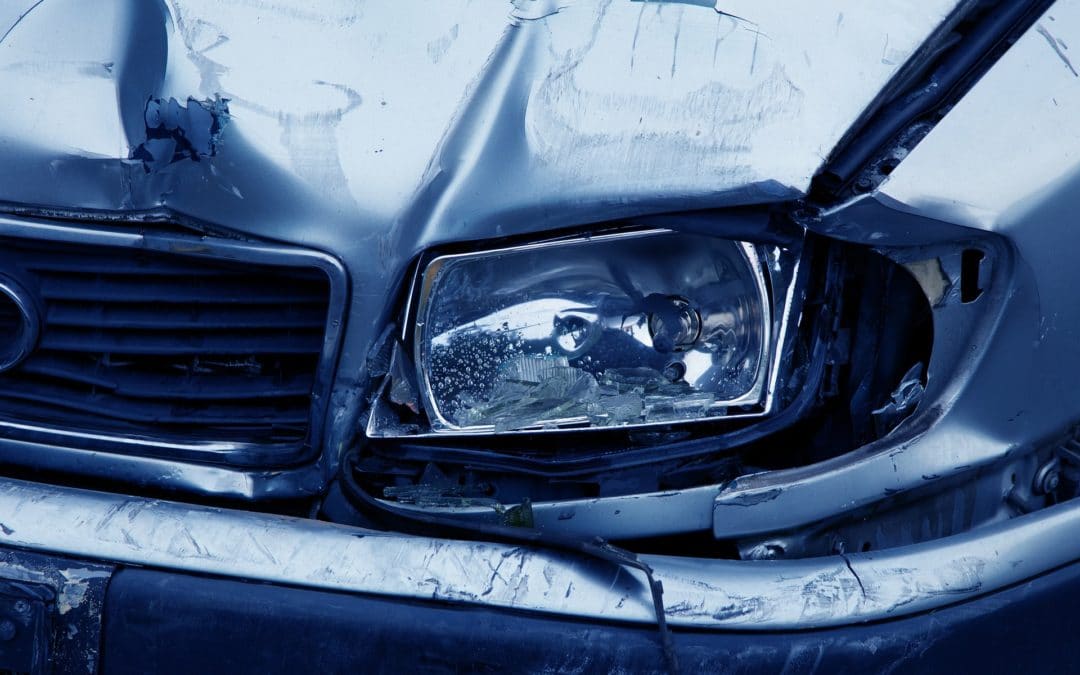While car wrecks aren’t uncommon, most people don’t know how to properly respond when they’ve been in one.
Pay attention to the following areas and steps in order to appropriately navigate the process of dealing with a car wreck.
Directly After:
“Well shucks, that wasn’t pleasant.”
Okay, maybe not the first words out of your mouth after you’ve been hit; however, it is probably something along those lines.
Most people don’t get into wrecks as a hobby, so odds are that you aren’t used to these kinds of situations.
The important thing here is to remain calm. You don’t need to jump out of the car right away if you’re unharmed and able.
You need to have a level head in order to appropriately react to this situation with the right actions.
1.) Call 911. This is because you could be hurt, and so could they. Calling the cops will assure help is on the way, and that it will arrive quickly.
Also, you need the accident report. Law enforcement files an accident report that details all the specifics of the wreck.
This way everything is legally documented in the event that you’re sued or are seeking legal action yourself.
2.) Assess health. Judging that you’re okay yourself, it is important to verify the health of all individuals involved in order to best aid the situation.
At The Scene:
3.) Take Pictures. Of everything. Your car. Their car. The wreckage. Their insurance information and driver’s license.
It’s critical to document everything yourself for your own personal records.
Also, the time and place of the accident, and, just in case you forget specifics later, provide yourself with a written overview of the situation.
4.) Cooperate with the responders. This means do whatever you can to help the firemen/women, EMT responders, and law enforcement.
Move where they need you. Honestly recount all the information you know about the specifics of the accident.
Don’t say anything or do anything stupid. Your job is to cooperate with them the best you can, so they can do their job the best they can.
When You Are Home:
5.) Research legal action. You should always do research before acting on anything, especially when it involves the law.
Most personal injury lawyers or civil defense lawyers will provide a free consultation to you in order to determine whether you have a case or not.
If so, they will offer to defend you, and, often times, they only charge you money if your party wins.
This is a necessity for two major instances: if you’ve been injured and need money for medical expenses or if the accident wasn’t your fault.
You might be entitled to file a lawsuit if you so choose to receive compensation for injuries or damages, and these individuals are critical to determining this.
6.) File a claim. You should have already taken down the other driver’s information.
If the accident is your fault, you should file a claim with your insurance company and provide them with the insurance information of the other party (although you don’t technically have to provide information if it isn’t your fault).
On the flip side, if the accident was their fault, only file a claim with their insurance company, and don’t provide your insurance information.
If you do, the insurance company will attempt to coordinate payment with your insurance which could raise your monthly premium and cost you money.
All-in-all, pay attention to these steps to better guide you if you are ever in an accident.
Have you or a loved one recently been in a car wreck and are seeking compensation for injuries or property damage?



Recent Comments